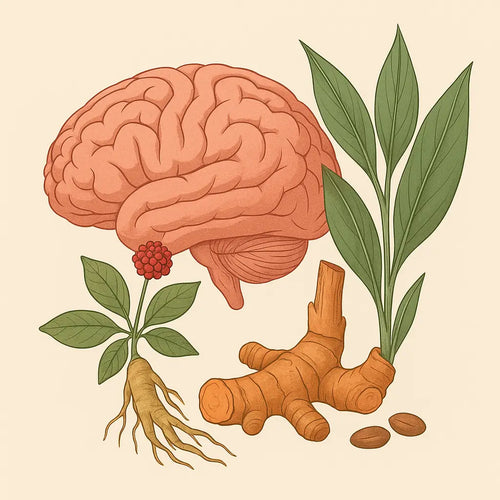
The amino acid L-Theanine an ingredient of tea has been found to improve cognitive functions, verbal fluency, and executive function (Hidese S, et al. 2019).
L-Theanine has also shown protective effects from neurotoxicity induced by neurotoxins affecting Parkinson’s disease, in cultured human dopaminergic cell lines (Cho HS, et al., 2008).
When cells were pretreated with L-theanine a significant reduction in the downregulation of brain-derived neurotrophic factor (BDNF) was seen. BDNF is a protein promoting the survival of nerve cells.
The researchers stated that the results suggest that L-Theanine directly provides neuroprotection against Parkinson’s disease-related neurotoxins and may be useful for preventing Parkinson’s disease symptoms.
References
Hong-Suk Cho, Seung Kim, Sook-Young Lee, Jeong Ae Park, Sung-Jun Kim, Hong Sung Chun, Protective effect of the green tea component, L-theanine on environmental toxins-induced neuronal cell death, Neurotoxicology. 2008 Jul;29(4):656-62.
Hidese S, Ogawa S, Ota M, Ishida I, Yasukawa Z, Ozeki M, Kunugi H. Effects of L-Theanine Administration on Stress-Related Symptoms and Cognitive Functions in Healthy Adults: A Randomized Controlled Trial. Nutrients. 2019 Oct 3;11(10):2362.
👉🏻 L-Theanine EF 👈🏻
- L-Theanine is an amino acid found in tea and is one of the reasons for the beneficial effects of green tea.
- Research has shown that daily doses ranging from 200 to 400 mg of L-Theanine produced anti-stress effects










